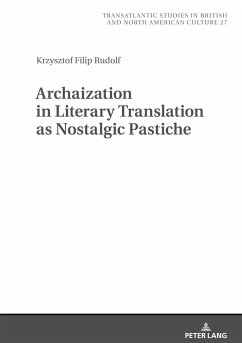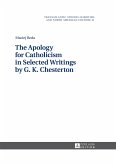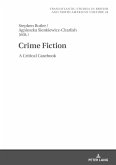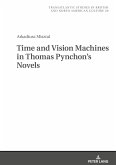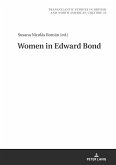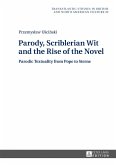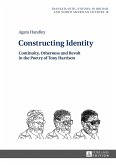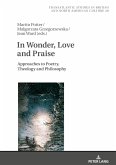The book focuses on the phenomenon of archaization in literary translation. It analyzes the concept of archaism, pointing to its strongly evaluative aspect and highlighting the difficulties connected with supplying its clear and acceptable definition. Archaism and archaization are strongly rooted in nostalgia, understood as the human yearning for stability and harmony. Far from being an idle embellishment or an empty postmodernist game, archaization emerges as a vehicle for powerful emotions embedded in dominant discourses fostered by educated European elites. Archaism, like nostalgia, eclectically and arbitrarily recreates the past, in accordance with dominant political and cultural agendas. Both phenomena idealize the past, forcibly purifying it from all unwanted elements.
Bitte wählen Sie Ihr Anliegen aus.
Rechnungen
Retourenschein anfordern
Bestellstatus
Storno

